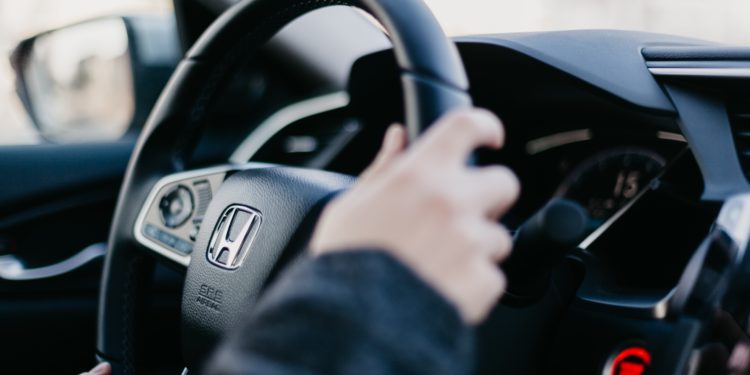Security researchers have found that several modern Honda car models have a vulnerable rolling code mechanism that allows the cars to be unlocked and, sometimes, the engine to be started remotely.
Named Rolling-PWN, the weakness enables replay attacks in which a threat actor intercepts the codes from the keyfob to the car and uses them to unlock or start the vehicle.
The researchers claim to have tested the attack on several Honda models between 2021 and 2022, including Honda Civic 2012, Honda Accord 2020, and Honda Fit 2022.
A modern car’s keyless entry system relies on rolling codes produced by a pseudorandom number generator (PRNG) algorithm to ensure that unique strings are used each tine the keyfob button is pressed.
The rolling code mechanism was originally introduced to prevent fixed code flaws that enabled man-in-the-middle replay attacks.
Vehicles have a counter that checks the chronology of the generated codes, increasing the count upon receiving a new code. However, non-chronological codes are accepted when the vehicle is out of range, or if the keyfob is pressed accidentally.
Researchers Kevin2600 and Wesley Li found that the counter in Honda vehicles is resynchronised when the car vehicle gets lock/unlock commands in a consecutive sequence. Thus causing the car to accept codes from previous sessions, which should, by now, have been invalidated.
An attacker that is equipped with software-defined radio (SDR) equipment could capture a consecutive sequence of codes and replay then at a later date to hijack the vehicle.
The researchers provided videos alongside details about the issue.
The vulnerability is being tracked as CVE-2021-46145 (medium severity) and is described as an issue “related to a non-expiring rolling code and counter resynchronization” in the keyfob subsystem in Honda.
Newer models are still vulnerable, despite being disclosed in December 2021 when tests were carried out on a 2012 Honda Civic.
Rob Stumpf, an automotive journalist, was able to replicate Rolling-PWN on his 2021 Honda Accord by capturing codes at different times.
Stumpf explains that it doesn’t matter if days or months have passed since capturing the codes, as long as the re-sync sequence is replayed.
An attacker would not be able to drive the car away though because the keyfob needs to be in proximity to do that, according to the researcher.
Researchers tried to notify Honda of the vulnerability but could not find a relevant contact for reporting security-related issues. They eventually filed a report to Honda’s customer service but have not heard back.
A spokesperson for Honda stated, in a statement to Vice, that the report wasn’t credible.
“The key fobs in the referenced vehicles are equipped with rolling code technology that would not allow the vulnerability as represented in the report.”
Honda added, “in addition, the videos offered as evidence of the absence of rolling code do not include sufficient evidence to support the claim.”








